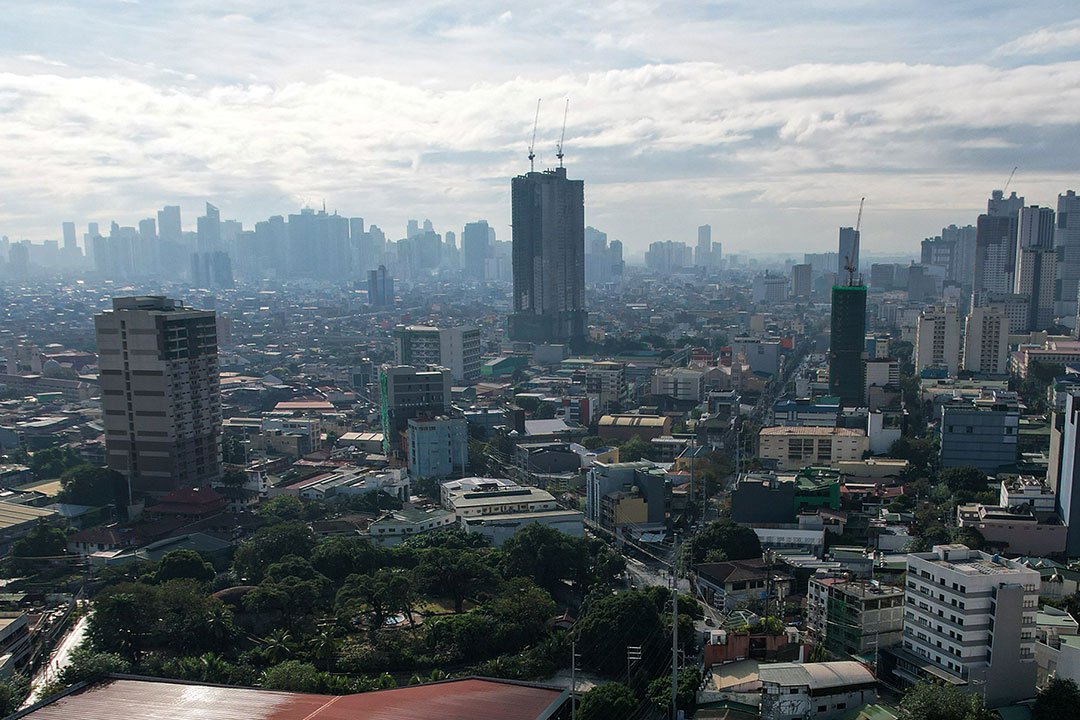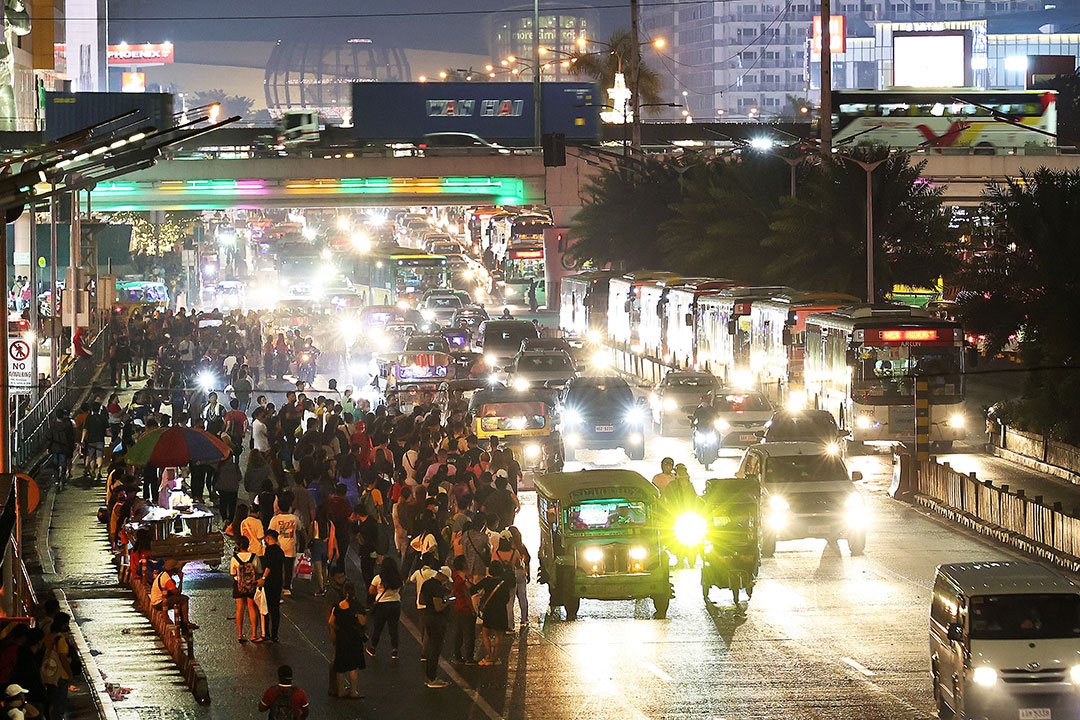
Upgrade to High-Speed Internet for only ₱1499/month!
Enjoy up to 100 Mbps fiber broadband, perfect for browsing, streaming, and gaming.
Visit Suniway.ph to learn
Keisha Ta-Asan - The Philippine Star
June 21, 2025 | 12:00am
A teller displays US dollars at a money exchange market in Nairobi on November 20, 2023.
Simon Maina / AFP
MANILA, Philippines — The country’s balance of payments (BOP) position deteriorated further in the first five months, swinging to a $5.82-billion deficit as of end-May, according to the Bangko Sentral ng Pilipinas (BSP).
This marked a sharp reversal of the $1.6-billion surplus recorded in the same period last year, as the country continued to grapple with a wide trade gap and higher external debt repayments.
In May alone, the BOP recorded a $298-million shortfall, a stark turnaround from the $2-billion surplus posted in the same month last year. This was the smallest deficit in three months or since February.
The BSP attributed the monthly deficit to the national government’s drawdowns on its foreign currency deposits with the central bank to service its external debt obligations.
The BOP is a summary of the Philippines’ transactions with the rest of the world and serves as a gauge of the country’s ability to earn foreign exchange through trade, remittances, tourism and investments.
According to the BSP, the year-to-date deficit stemmed largely from the sustained trade in goods shortfall.
Preliminary data from the Philippine Statistics Authority showed a $15.91-billion trade deficit from January to April, slightly narrower than the $15.99-billion gap recorded a year earlier.
This was partly offset by the continued net inflows from overseas Filipino remittances, foreign borrowings by the national government and foreign portfolio investments.
Michael Ricafort, chief economist at Rizal Commercial Banking Corp., said the geopolitical risks in the Middle East could lead to a wider trade deficit for the country in the coming months. In turn, this could weigh on the BOP data.
Global market volatility due to US President Donald Trump’s tariffs could also lead to higher US inflation, fewer rate cuts from the Federal Reserve as well as slower global investments. But the data could still improve amid the continued growth in the country’s structural dollar inflows, he said.
Meanwhile, the country’s gross international reserves (GIR) slipped slightly to $105.2 billion at end-May from $105.3 billion in April. Despite the marginal decline, the BSP said the GIR remains a strong external liquidity buffer.
The current level is enough to cover 7.1 months’ worth of imports of goods and payments of services and primary income. It also represents 3.3 times the country’s short-term external debt based on residual maturity.
The GIR consists of foreign assets held by the BSP, including foreign-issued securities, gold reserves, and foreign exchange holdings, and is viewed as the country’s first line of defense against external shocks.
The BSP expects the country to incur a BOP deficit of $4 billion this year and $4.3 billion next year.

 4 days ago
8
4 days ago
8



